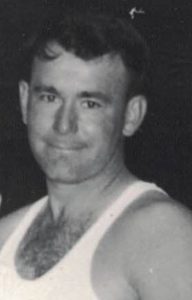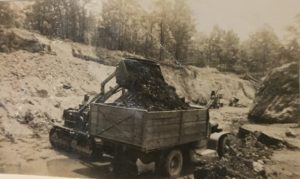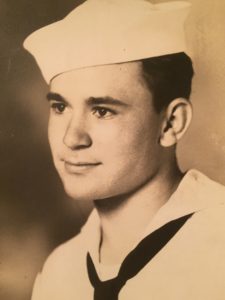When I started playing football my helmet didn’t have a face mask. I was 13 years old and I played for the Optimist Club, a club run by policemen to try to keep boys from North Charlotte off the streets and out of trouble. Didn’t have one the next year either, when I played for Hawthorne Junior High School.
Sort of dates me, doesn’t it.
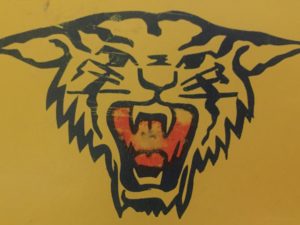
By the time I got to Central High School we had face masks but there were other differences between then and now. [I played my sophomore and junior years at Central and, when it closed, my senior year at Garinger.] When a star player was injured my senior year he was given a pain killer by the team doctor, one shot before the game and one shot at halftime, to tamp down the pain so he could play. That same thing had happened at Central, too.
I was a mediocre player, a halfback on offense, a linebacker on defense, on a really good team. Charlotte Garinger won the North Carolina high school AAAA state football championship in 1959, my senior year.
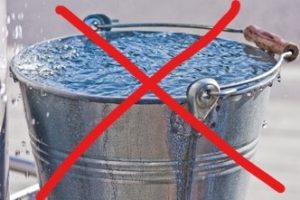
Back then coaches thought they could make their players tougher, make boys into men, by not letting us have water during practice no matter how hot it was or how long we’d been on the field.
In high school, two-a-day practices started on Aug. 15, a couple of weeks or so before school opened. Most days, it was so hot, especially the afternoon practice.
Every once in a while coach would ease up a little. He would tell the team manager to soak a towel in water and give to the players on the first team, to the starters. When they had sucked it damp and used it to wipe their faces the towel was passed down to the rest of us.
Maybe coach did it to motivate us bench warmers, to make us try harder to move up to the first team, to earn the right to a mouthful of water.
If that was his goal, he succeeded — everybody on that team wanted to be a starter.
Coming Friday: [A surprise!]
